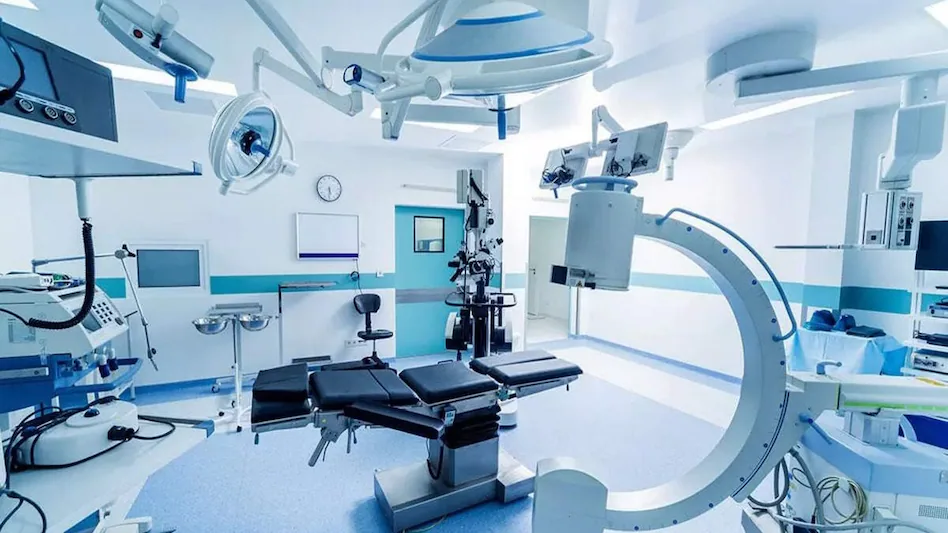Medical Device Industry: A Case Study of Germany

Germany is one of the largest medical device markets in the world, second only to the United States. With a strong healthcare system, advanced manufacturing base, and a culture of precision engineering, the country is home to both domestic champions and global players like Siemens Healthineers, B. Braun, Fresenius, and Edwards Life Sciences. This case study explores how Germany has built its medtech leadership, what challenges it faces, and where opportunities lie.
The Scale of the German Medtech Market
- €38 billion+ market size (2023)
- Accounts for ~25% of the EU medical device market
- Employs over 250,000 professionals in 14,000+ companies
- Export-driven: ~65% of production is sold abroad
Germany’s strength lies in combining Mittelstand SMEs (small and medium enterprises) with global corporations, creating a highly diversified and innovative ecosystem.
Key Players in Germany’s Medical Device Industry
1. Siemens Healthineers (Erlangen, Bavaria)
- Focus: Imaging systems, diagnostics, digital health, and robotic-assisted surgery
- Contribution: A pioneer in MRI and CT innovations, Siemens Healthineers is a global leader in diagnostics and digital health solutions, employing more than 70,000 people worldwide.
2. B. Braun Melsungen AG (Hesse)
- Focus: Infusion therapy, surgical equipment, dialysis technologies
- Contribution: Known for its strong manufacturing and sustainability practices, B. Braun has a global presence and a reputation for high-quality consumables and hospital solutions.
3. Fresenius Medical Care (Bad Homburg, Hesse)
- Focus: Dialysis products and services
- Contribution: The world’s largest provider of dialysis care, serving over 350,000 patients globally, with a major R&D and production footprint in Germany.
4. Edwards Life Sciences (Garching, Bavaria)
- Focus: Heart valves and critical care monitoring technologies
- Contribution: Edwards is a global leader in structural heart therapies. In Germany, its operations in Garching support research, finance, and office management functions, while its medical innovations are widely adopted across German hospitals to treat cardiovascular diseases.
- Why it matters: With cardiovascular diseases being the leading cause of death in Germany, Edwards’ heart valve therapies and hemodynamic monitoring tools address a critical healthcare need.
Why Germany Is a Medtech Hub
-
Engineering Excellence
German precision engineering underpins product reliability and global trust. -
Robust Regulatory Framework
Germany applies MDR (Medical Device Regulation) standards strictly, ensuring patient safety and compliance. -
Strong R&D Ecosystem
Collaboration between universities, research institutes, and hospitals fosters constant innovation. -
Healthcare System Demand
With an aging population, Germany has one of Europe’s highest per-capita healthcare expenditures, driving demand for advanced medical devices.
Challenges Facing the Industry
- Regulatory Burden: MDR implementation has increased costs and slowed time-to-market, especially for SMEs.
- Rising Costs: Energy, labor, and supply chain pressures are squeezing margins.
- Talent Gaps: Competition for skilled engineers, data scientists, and healthcare professionals.
- Global Competition: Strong rivalry from U.S. giants (Medtronic, Abbott, GE Healthcare) and emerging Asian players.
Opportunities for Growth
- Digital Health Integration: AI-based diagnostics, telemedicine, and IoT-enabled devices.
- Personalized Medicine: Devices tailored to patient-specific treatments, e.g., precision cardiology.
- Sustainability in Manufacturing: Lower carbon footprint and recyclable device design.
- Partnerships and M&A: Global firms like Edwards Life Sciences expanding local presence through collaborations.
Structural vs. Strategic Characteristics
| Category | Strength in Germany | Challenge in Germany |
|---|---|---|
| R&D Ecosystem | Strong university-hospital-industry links | Rising R&D costs, MDR compliance |
| Market Dynamics | Aging population, high healthcare spend | Price pressure from public insurers |
| Global Reach | 65%+ exports, strong EU hub | Competition from U.S. and Asia |
| Workforce | Skilled engineering and healthcare base | Shortage in AI/data-driven expertise |
Conclusion: Germany’s Medtech Future
Germany’s medical device sector combines engineering excellence, healthcare demand, and a strong export orientation. Companies like Siemens Healthineers, B. Braun, Fresenius, and Edwards Life Sciences showcase the country’s ability to lead in diverse areas—from imaging to cardiovascular care.
But to remain competitive, Germany must streamline regulation, support SMEs, and invest in digital health capabilities. With cardiovascular care in focus, Edwards Life Sciences’ growing role exemplifies how international medtech leaders can integrate into Germany’s ecosystem while addressing its most pressing healthcare challenges.